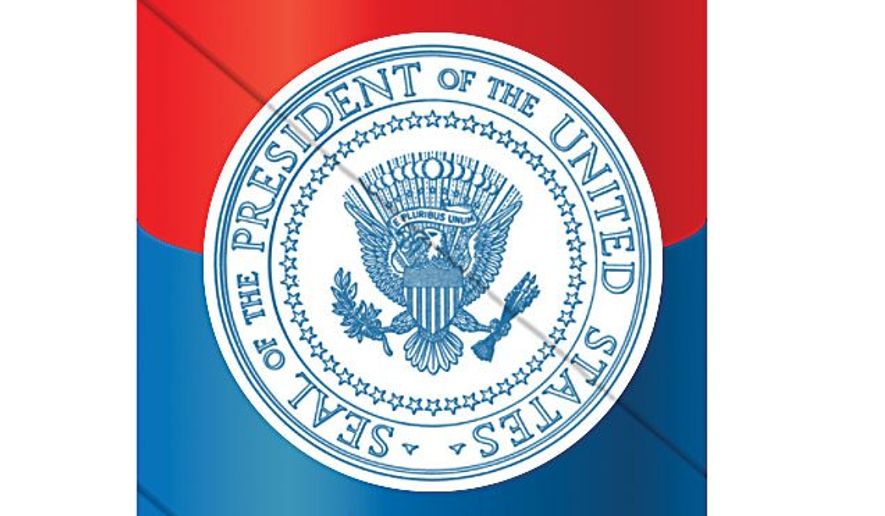OPINION:
Republican Donald Trump and Democrat Bernie Sanders are mining the same vein of popular discontent, drawing big crowds in the process, and drawing early support in spite of rather than because of their positions on issues of interest to most Americans. In fact, many of those attending their rallies tend to either ignore or shrug off much of what they actually say.
On the Republican side, Mr. Trump is the bigger story because he is far more bombastic than his Democratic counterpart, and many Republicans actually believe he could be the Republican nominee. A recent Rasmussen poll indicated that some 57 percent of Republicans polled believe that he will be nominated.
The available evidence would indicate, however, that while no flash in the pan, Mr. Trump could flame out long before the GOP convention in Cleveland next July. This early in the cycle, polls just don’t reveal much about who will be ahead next year — witness the shifts in support among the Republican wannabes following the first debate. But they do reveal strengths and weaknesses of the various candidates. Right now activists in both parties are venting, and Mr. Sanders and Mr. Trump are the vehicles through which they are expressing outrage at the failure of establishment politicians to deal with problems they see as demanding solutions. They are also thumbing their noses at the candidates of the two-party “establishments.” What most of them are not doing at this point is guaranteeing that their support today will hold once they get serious about just who they would like to see in the White House.
The most interesting and possibly telling poll data about Mr. Trump’s chances were revealed by a Suffolk University poll taken of probable Iowa caucus attendees shortly after the first GOP debate. The early morning talk after the Fox News-sponsored debate gave Mr. Trump fairly high marks and, indeed, his apparent support among Republicans did increase.
But as the Suffolk poll revealed, once a voter begins to really focus on the man, his positions and his personality, his support weakens. Iowans who didn’t watch the debate, as it turns out, were far more likely to count themselves Trump supporters than those who actually saw his performance that evening. Fourteen percent of those who watched the debate said afterward that they were for Mr. Trump, but 21 percent of those who didn’t counted themselves as supporters.
This suggests that the idea of Donald Trump may be far more attractive than the reality. Voters want someone who raises important issues that others might avoid and who is willing to “speak truth to power,” but they aren’t sure that Mr. Trump is someone they would actually like to see in the Oval Office.
This clash between image and reality was apparent last weekend in Mobile, Ala., where an estimated 30,000 Trump fans showed up for his biggest rally yet. They cheered as if Elvis had been reincarnated and returned as a billionaire real estate developer, but it was obvious to many in attendance that they’d come to see a rock star rather than a future president. They were treated to a trademark Trump performance: more than an hour of braggadocio and bombast with no beginning, middle or end.
Others simply lost interest as the candidate droned on. By the time he finished, observers noted that the stadium was far less packed than at the start. Major League Baseball has shortened its games to keep fans in the seats; the Donald hasn’t, but should. The candidate canceled a post-rally press availability, perhaps miffed that not everyone had stayed the course, and roared off in his limo. One admiring fan told a reporter as he reflected on the Trump message that “you have to take him with a grain of salt.”
It’s going to take a while before we’ll know whether Mr. Trump can make the transition from celebrity entertainer to a serious candidate that his admirers can actually envision as president of the United States. Right now, he’s speaking to their frustration with business as usual and their sense that we indeed do need to “Make America Great Again,” but it remains to be seen whether they see Mr. Trump as the man who can actually help us accomplish that goal.
In the meantime, they’re happy to ride along and enjoy the show. After all, they won’t have to actually vote to put someone in the White House until next year.
• David A. Keene is Opinion editor for The Washington Times.




Please read our comment policy before commenting.